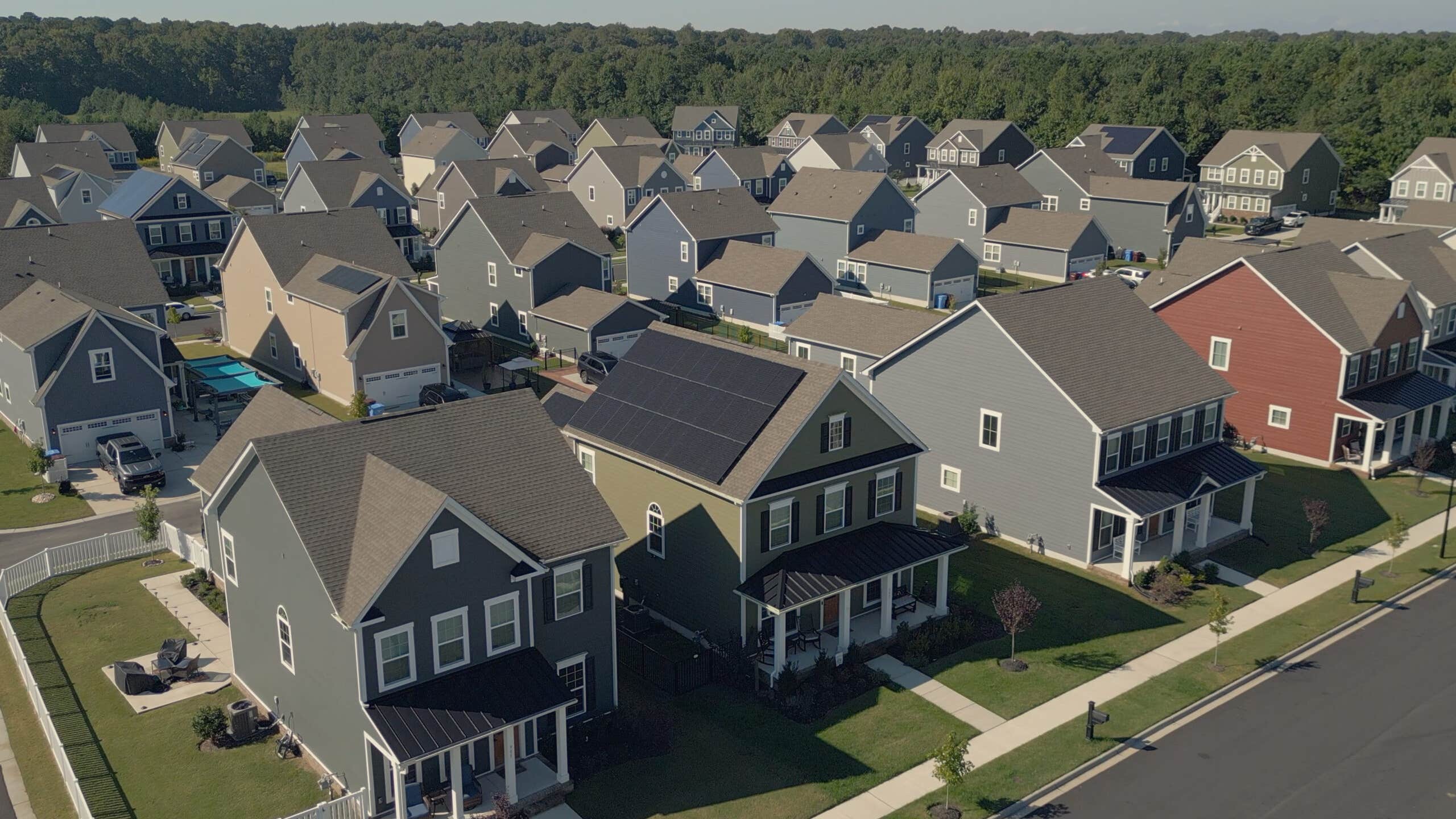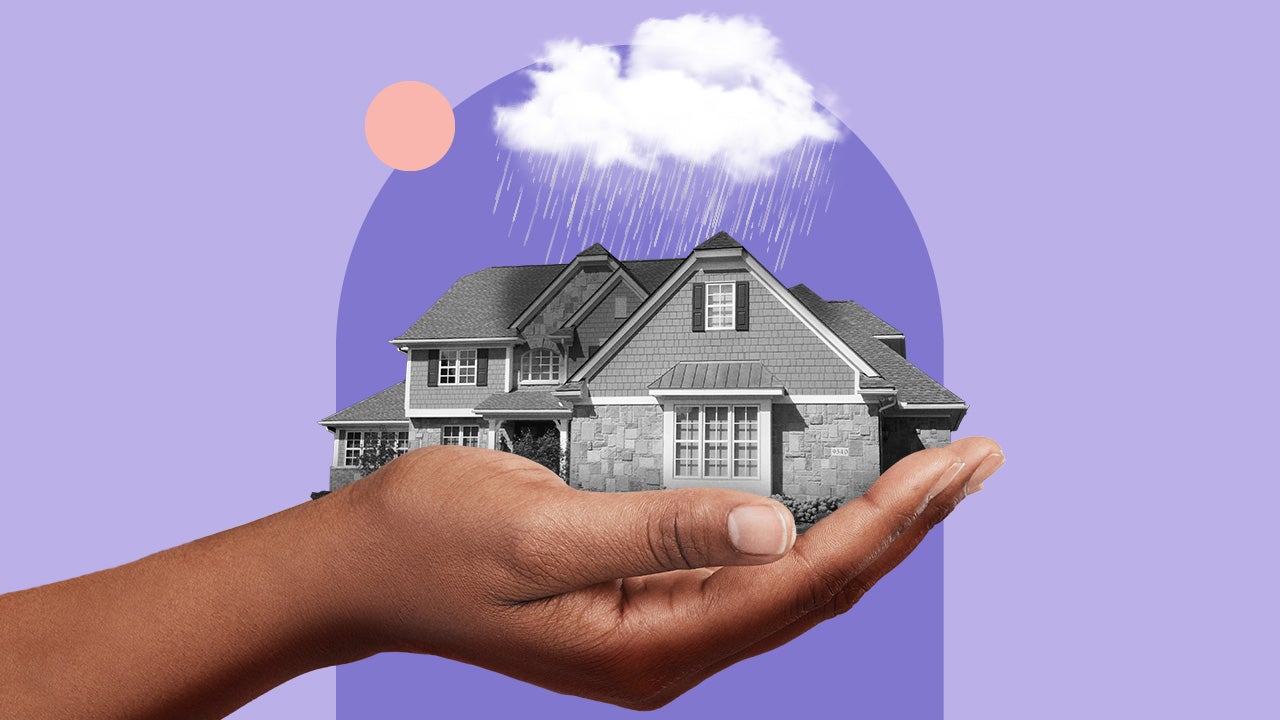Experts: Making mortgage giants private could help some homebuyers, hurt others

Amid the fast-moving shifts of the second Trump administration, there’s a quieter change brewing that could make it harder or more costly for some to buy a home.
Fannie Mae and Freddie Mac, the two government-sponsored enterprises that underpin the U.S. mortgage market, have been under federal conservatorship since 2008. A renewed effort to take them private might benefit some buyers, but there’s potential for harm, too, experts say.
“Private entities will always put profitability ahead of affordability,” says Mark Hamrick, senior economic analyst for Bankrate. “There is also a risk of limited access to credit that could impact borrowers with less-than-pristine credit and those who want to live in areas that are seen as higher-risk.”
What could happen to mortgages and rates?
The push to privatize Fannie Mae and Freddie Mac isn’t new. They’ve been under government conservatorship since the 2008 housing crash — a move that wasn’t meant to be permanent — and President Trump previously advocated for their exit in his first term.
That didn’t happen then, but it could happen now as Trump leans into deregulation. This time around, in a markedly different housing market, experts see a mix of upsides and drawbacks.
“There could be an opportunity to attract more investment in the housing finance market,” Hamrick says. “If that were to occur, that could increase the availability of mortgage credit. In a perfect world, it would reduce costs and improve efficiency in a very complex landscape.”
A return to the pre-2008 Fannie and Freddie could also translate to more flexible loan options, says Nathan Binkley, a real estate broker with Compass in Chicago.
“In places like Chicago where inventory is really restricted, it might benefit some buyers,” Binkley says, adding that benefit might only extend to the most creditworthy mortgage borrowers.
Yet, moving Fannie and Freddie out of conservatorship now could hurt a housing market already weighed down by higher home prices and mortgage rates. Some experts have speculated it could increase rates by a full percentage point or more.
“The timing to privatize is wrong,” says Melissa Cohn, regional vice president at William Raveis Mortgage. “If we were in a period with more stability, perhaps it’s something that could be considered. Prices are high and rates are stubbornly high. This could create further damage to the real estate market.”
Fannie Mae, Freddie Mac and you
When could the exit happen?
Even with the slew of other changes on the Trump administration’s docket — tariffs, the Consumer Financial Protection Bureau freeze — there have been signs that the exit could begin this second term, with the FHFA and Treasury Department confirming its viability in January.
“The government stands to profit a lot if they unwind their collateral,” Binkley says. “I think they will find a way to do it, and it will create some volatility.”
Ultimately, though, time might not be on the side of those in favor of the change. The decision could happen quickly, but a smooth transition would take years.
“Republicans control the federal government, but history suggests that Democrats would make some inroads in the midterm elections,” Hamrick says. “The window may be somewhat limited to get this done. The complication of it is so immense that there is no degree of confidence it will happen soon.”
“[Fannie and Freddie are] the backbone of our housing market,” Cohn says. “People get nervous with change.”
Why we ask for feedback Your feedback helps us improve our content and services. It takes less than a minute to complete.
Your responses are anonymous and will only be used for improving our website.






